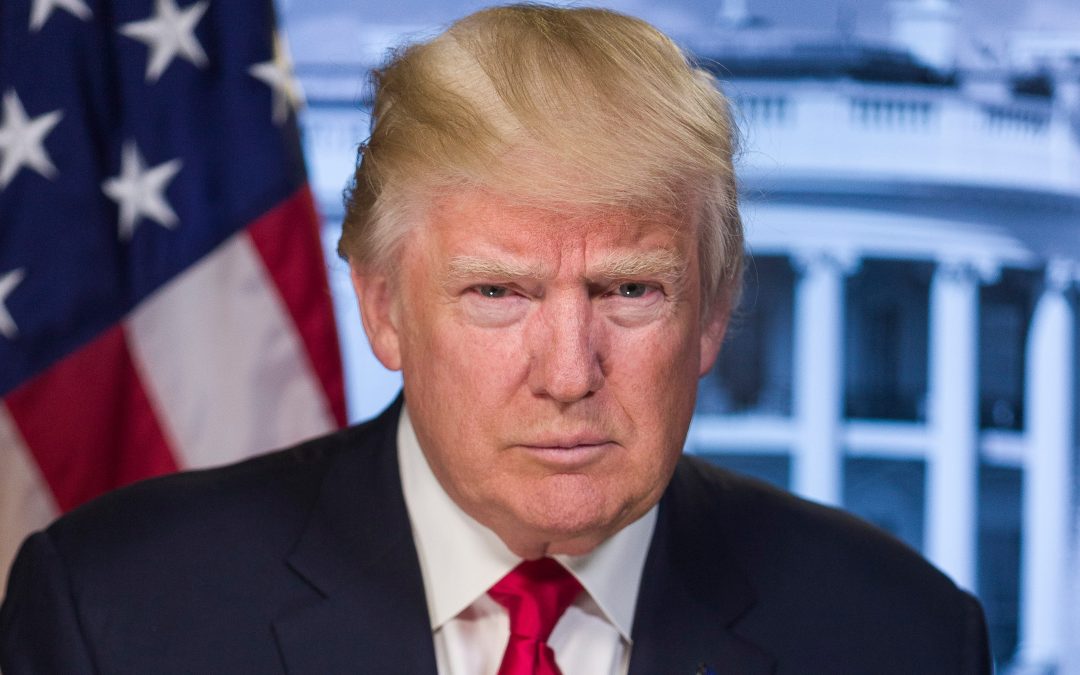On a recent call-in to the US TV show Fox and Friends, Donald Trump was asked to rate his communications. Unsurprisingly, he rated them highly. Far be it from me to advocate for Trump, or any other politician, but perhaps he has a point. In this age of confusion I’m not sure whether it is a good or a bad thing that nobody seems to believe anything. Although at the same time everyone seems to believe everything they already believe. And so allegations of ‘fake news’ seem to suggest more ‘I don’t like’ than ‘this isn’t true’. This postmodern media world means that there’s almost no need to communicate with each other as fact, as reality and truth is prefigured in existing opinion. It’s a wonder why we do continue to communicate at all.
The communication of an idiot?
For all the claims that Trump is stupid, he’s done pretty well. I can’t imagine how inflated his ego must be when he sits alone dwelling on having won against the entire US media (bar Fox), and an international media brought to the USA through the internet. If Trump really is stupid but managed to win out against the entire political and media establishment, one can only wonder how that reflects on the intelligence of his opponents. His communication strategy was made clear to the uncomfortable looking anchors on Fox and Friends – when your back is to the wall just rant about anything and everything, so that each viewer will take something away while they ignore the rest. It’s a scatter-gun approach wherein something will hit someone. Understanding that he doesn’t stand a chance in the traditional media, Trump has of course taken to Twitter as his main medium of communication.
It pays to know your audience
Absurd as his Tweets may seem, they are the logical conclusion of our age. Apparent knee-jerk soundbites are the raw material of today’s politics. And for all the calls for his aides to take his phone away, those people don’t seem to realise it’s not them he’s speaking to. As with Thatcher in 1980s Britain, Trump knows he won’t win over his detractors. He is aware he has a core constituency and it is that to whom he is communicating. Unpalatable as his statements might seem to his opponents, their complaints fall on deaf ears. These complaints must seem to him akin to Customer A in a restaurant complaining at a waiter serving Customer B food that Customer A doesn’t like.
So what can we learn?
Whether you support or oppose Donald Trump, or choose to distance yourself from mainstream politics entirely, there is one thing we can learn about Trump’s communications. Focus on the business you are in and speak to the customers and clients who are with you. Don’t worry about those who will never want your services. As I noted in relation to the Protein World ‘scandal’, trying to be all things to all people, or capitulating to people at root opposed to your product, is the wrong strategy for most companies and organisations. Polarisation can be a very powerful business tool.


Aaron: Thanks for sharing this piece! I am not a fan of Trump’s tweets, as it has back-lashed against Twitter and it is almost hard to say in public that you are an avid user of this social media service. I got a bit odd reaction at a recent business mingle, talking about the positive power of Twitter.
We could learn plenty from Donald Trumps tactics and reflect on the how the media landscape has changed over time.
I have more to say about this, from a philosophical perspective, but I will save it for future episodes of my podcast… 😉
Best Premises,
Martin
Hi Martin
No worries.
I’m not a fan of any mainstream politician. But I think Trump’s Tweets (as outrageous as some of them are) and the corporate media backlash trying to character assassinate him has made for some interesting theatre.
I’ve never seen anything like this before.
And in spite of Trump’s controversial and arguably inept comments, he appears to have some innate salesman skills that have won him a loyal fan base.
Cheers
Aaron